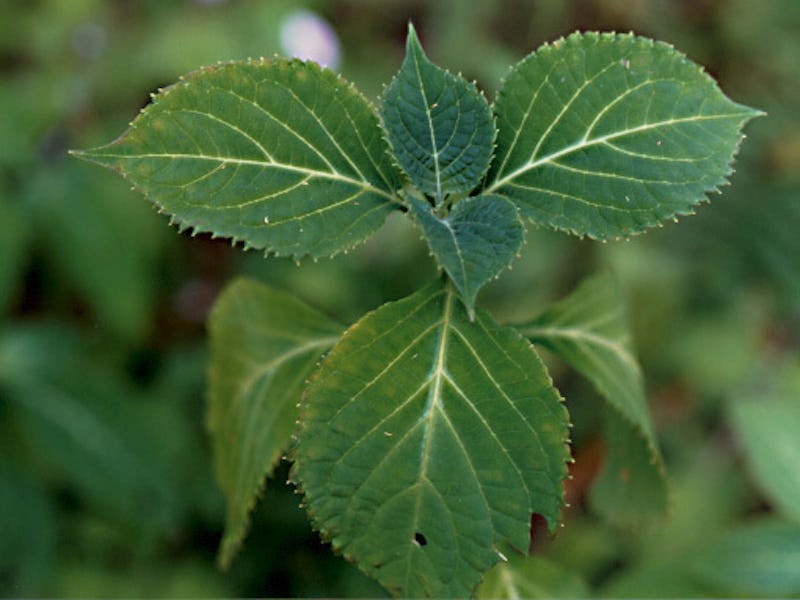Why No Salvia Legalization Movement?
Weed's trippy cousin can't get any political love.

With nine more states eliminating or loosening their laws against marijuana in 2016, weed is now legal in more states than its hallucinogenic cousin: salvia. There hasn’t been a political coalescence around the drug. To the degree that there is a salvia legalization movement, it’s disjointed and, objectively speaking, ineffectual. Will that change? Weirdly, it probably won’t.
Amid large and widespread movements to see more recreational drugs legalized or decriminalized, salvia is starting to look lonely. Despite a number of colorfully designed and irregularly updated websites dedicated to salvia education, a movement to legalize the substance hasn’t been buoyed up by significant research proving medical benefits or potential practical uses — though studies have suggested that “salvia might also have real potential to treat addiction … since in animals, it appears to reduce cravings for substances like cocaine.” As it stands, the “pro” column basically consists of Miley Cyrus taking a bong rip six years ago. Since then, not much has happened — at least not publically.
Many other bongs have been ripped.
Rather than fueling an ongoing, mellow high, salvia is known for supplying strong, hallucinogenic trips that last 10 to 15 minutes. Users report that the drug affects interoception, the body’s sense of its own physiological conditions, while also making it pretty hard to retain a grip on reality. Smokers report confusion but rarely panic. Some people like the stuff and some people don’t, but it has never attracted a critical mass of consumers.
According to the Lighthouse Recovery Institute, one of the largest drug rehabilitation centers in the state of Florida, “it was estimated” back in 2006 “that approximately 75,000 individuals abused salvia.” Later, in 2011, “almost 6% of high school seniors admitted to engaging in salvia abuse.” If those seem like big numbers, consider this: The Lighthouse Institute [also reports] that “in 2008, between 120 and 190 million people used marijuana at least once. This breaks down to between 2.9% and 3.4% of the entire world’s population.”
Salvia is a weed in a marijuana garden.
It’s a chicken-and-egg question to ask whether the more mainstream availability of weed led to it being more popular, or vice versa. What is certain is that numbers are crucial for a legalization campaign to become a movement to become a force — state referendums not withstanding.
That’s because money talks, often over everyone else in the room. When it comes to legal marijuana sales, it’s basically screaming. In 2015 alone, weed sales in Colorado soared over $100 million dollars. That’s a huge amount of cash and a major incentive for private business and tax collecting states. If salvia advocates can’t back up their arguments with the promise of raking in the green, it’s going to be way harder for any kind of movement to pick up steam.